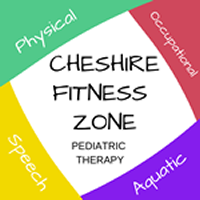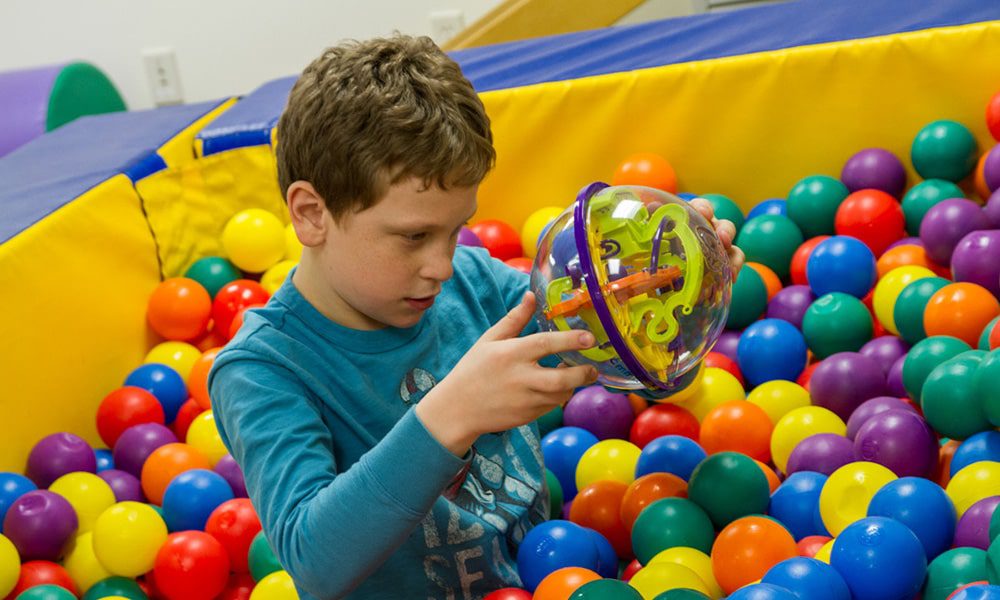Developmental coordination disorder is one of the conditions that affect a great percentage of school-aged children. It affects their ability to participate in everyday activities such as playing sports, running, biking, jumping among others. Moreover, their hand skills are affected making it hard for them to do well in class. As such, children with developmental coordination disorder exert more pressure to perform tasks that are easily done by other children. These children often end up regarding themselves as clumsy, lazy or even awkward.
Development coordination disorder (DCD)
DCD is actually a motor skill disorder that is unrelated to physical disorders like cerebral palsy. Usually, the coordination of a kid with DCD happens to be below their intellect and age. The movement problems resulting from DCD interfere with a child’s school performance and everyday activities. Essentially, DCD attacks the areas of the brain that mostly deal with learning and remembering motor skills. That is why each motor task always seems new to a child despite the number of times that it may have been repeated.
General feeling of a child with DCD
A child who suffers from DCD feels his body parts (arms and legs) are not moving correctly. The child may want to run, jump, throw a ball, ride a bike or do any other thing but the body does not recall how any of these actions are performed. These children are usually called clumsy. In particular, when they take part in an activity that involves several stages, they will always start again instead of picking up from the recent step. This leads to low self-esteem and reluctance to interact with other children.
The right remedy
Physical therapy is an ideal remedy for a child with DCD. A physical therapist usually carries out an evaluation that entails history of a child, motor tests and examination on physical traits. After doing an examination, a physical therapist will work with a child to improve body balance and coordination, muscle strength and motor skills to make it easy for them to go about daily activities without struggling too much.
Strength improvement
In this regard, a physical therapist will focus on teaching a parent and his child how to exercise and boost muscle strength. Since the therapist is well versed in the field, he will identify fun tasks and games that you can enjoy with a child while improving his muscle strength. This will also help enhance cardiac health and prevent obesity.
Body balance
Physical therapist use equipment like balance beams to test how well your child can balance. If he has balancing problems, he will attempt to correct it by teaching your child to stand on one foot. One-foot balance and walking are ideal for balance improvement and work great with a balance beam.
These are some of the ways that physical therapy helps a child with DCD. It makes it easy for him to go about everyday activities without feeling clumsy or awkward. Others involve body awareness activities, which aim at improving body movement. With physical therapy, it is possible to help a child suffering from DCD to live a normal and better life.



